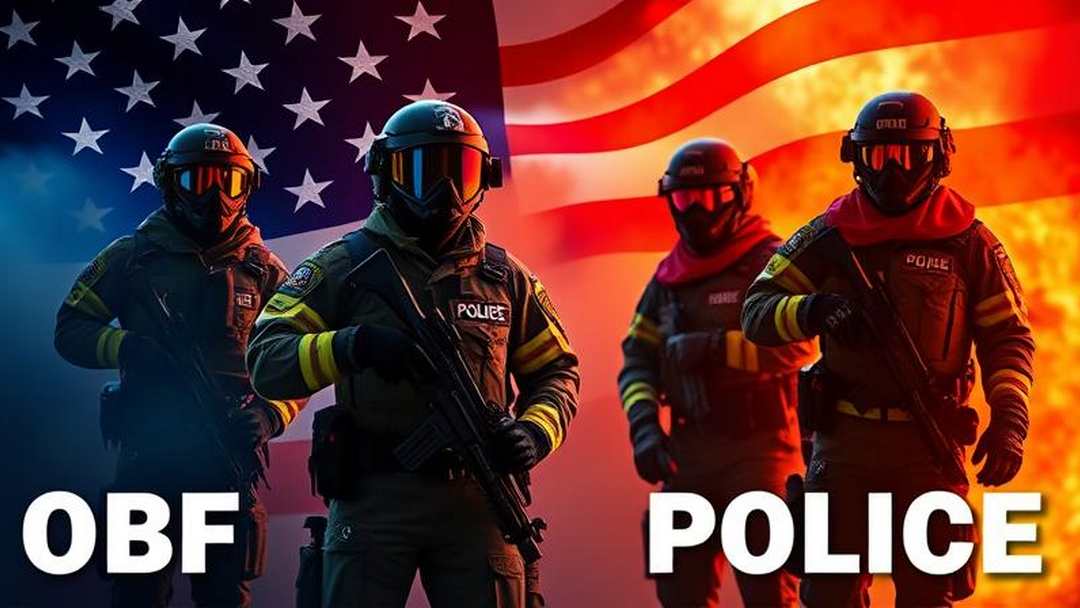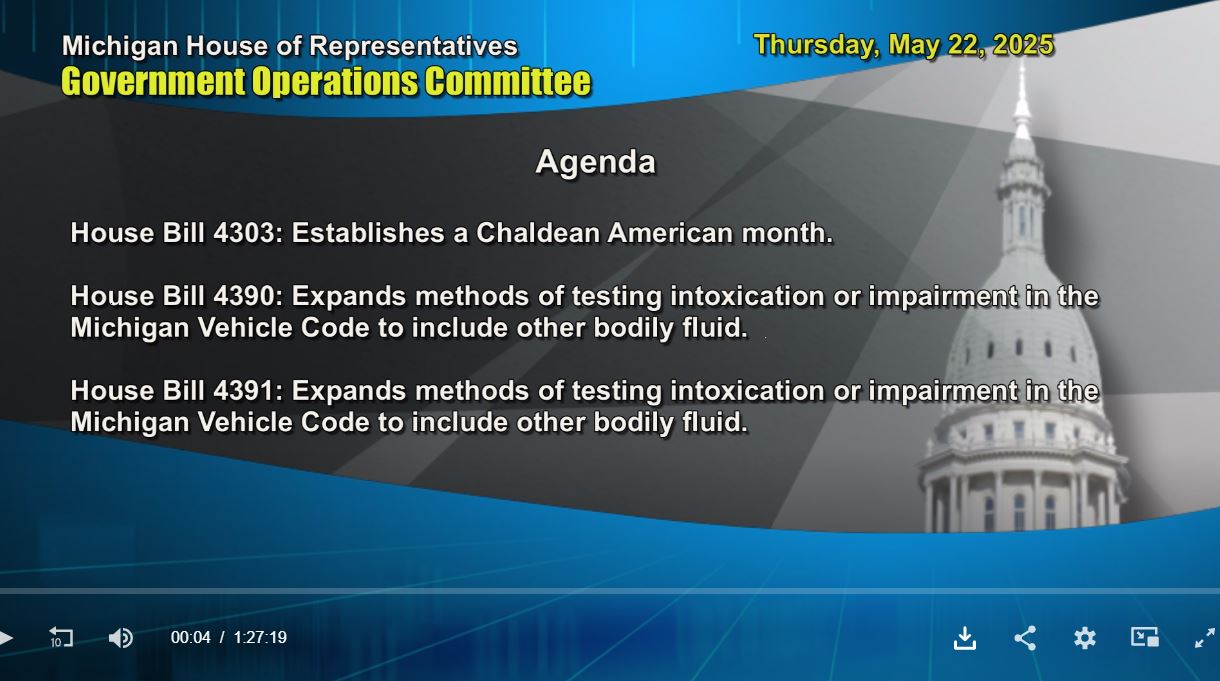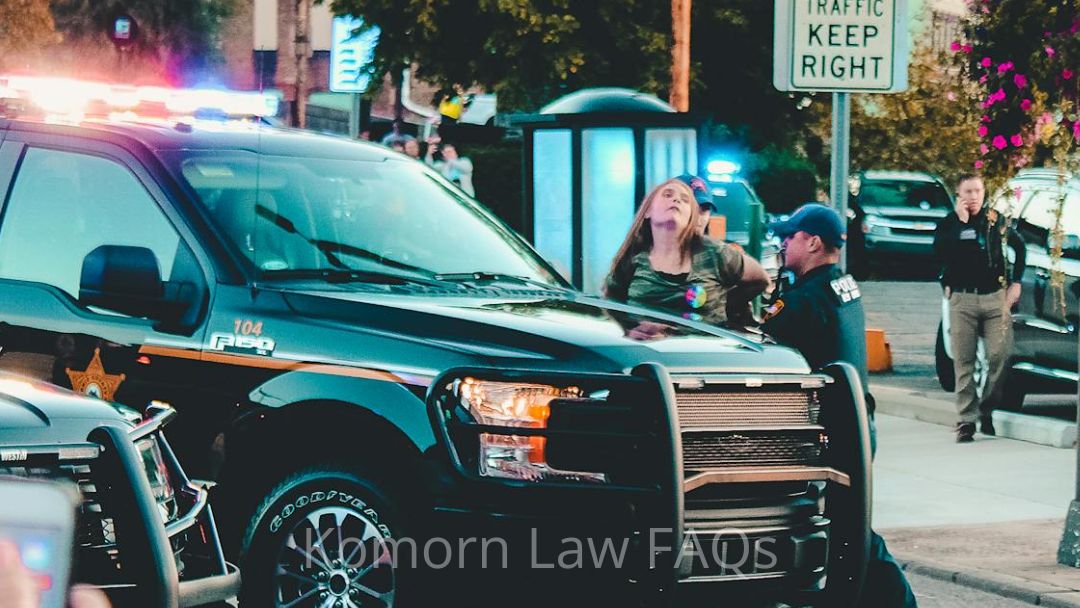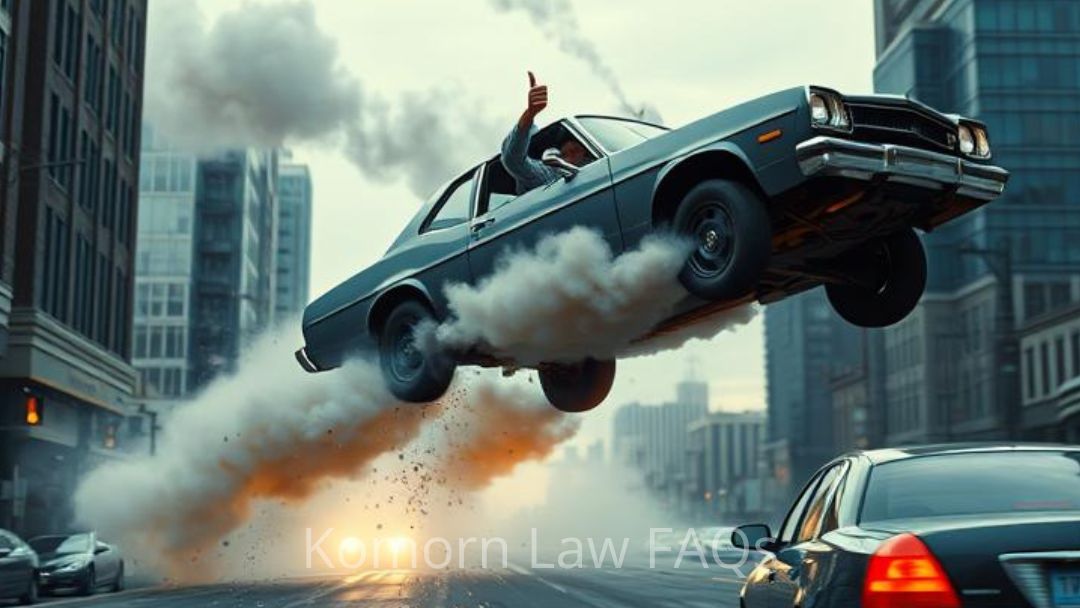Michigan Criminal Laws FAQs Operating a Motor Vehicle Under The InfluenceWalking is cool... For fun and excercise. Not because you lost your license. Don't do the crime if you can't pay the price. But if you do get charged with a crime. Better Call Komorn to fight for...

Criminal Law FAQs – Domestic Violence
Michigan Criminal Laws FAQs
Domestic Violence
According to Michigan State Law, Domestic Violence is not a standalone criminal offense but rather a designation applied to certain crimes when the victim is a “spouse or former spouse, an individual with whom the person has or has had a dating relationship, an individual with whom the person
The specific crime committed could be Assault, Aggravated Assault, Battery, Stalking, or other offenses. However, when the relationship between the offender and the victim falls within the categories defined above, the offense is labeled as “domestic violence.” This designation often triggers specific legal procedures, enhanced penalties in some circumstances, and mandatory considerations by the court.
FAQ 1: What constitutes domestic violence under Michigan law?
Under Michigan law, specifically referencing MCL 769.4a, domestic violence is not a specific crime itself but rather a designation applied when certain criminal offenses are committed against individuals within specific relationships. These relationships include:
- A spouse or former spouse.
- An individual with whom the person has or has had a dating relationship.
- An individual with whom the person
has had a child in common. - A resident or former resident of the same household.
Therefore, any act that would constitute a crime (such as assault, battery, stalking, property destruction, etc.) becomes an act of domestic violence if it is committed by someone in one of these relationships against the other person in that relationship.
FAQ 2: What are the potential penalties for a domestic violence conviction in Michigan?
The penalties for a domestic violence conviction in Michigan depend on the underlying crime committed and the number of prior domestic violence convictions the defendant has. MCL 769.4a outlines the following potential penalties specifically related to domestic violence assault or domestic violence assault and battery (which are often charged under MCL 750.81):
- First Offense: A misdemeanor punishable by up to 93 days in jail, a fine of not more than $500, or both. The court may also order the defendant to complete a domestic violence intervention program and pay related costs.
- Second Offense: A misdemeanor punishable by up to 1 year in jail, a fine of not more than $1,000, or both. The court must order the defendant to complete a domestic violence intervention program and may order probation with terms including substance abuse testing and treatment.
- Third or Subsequent Offense: A felony punishable by up to 5 years in prison and/or a fine of up to $5,000. The court must order the defendant to complete a domestic violence intervention program.
It’s important to remember that if the underlying crime is more serious (e.g., aggravated assault or felonious assault), the penalties will be those associated with the more serious offense, potentially enhanced due to the domestic violence designation and prior record.
FAQ 3: What is a no-contact order, and how does it affect me?
A no-contact order, as referenced in MCL 769.4a(11) and other related statutes, is a court order that prohibits a person from having any contact with another specified individual. This order is frequently issued in domestic violence cases to protect the alleged victim.
How a no-contact order affects you:
- Prohibited Contact: It typically forbids you from having any direct or indirect communication with the protected person. This can include phone calls, text messages, emails, social media interactions, letters, or even having a third party contact them on your behalf.
- Physical Proximity: It often prohibits you from being within a certain distance of the protected person’s home, workplace, school, or other specified locations.
- Violation Consequences: Violating a no-contact order is a separate criminal offense, often a misdemeanor, which can result in additional charges, jail time, and further legal complications.
- Duration: A no-contact order can be issued as a condition of bond while a case is pending, as a condition of probation after a conviction, or as part of a civil protection order. The duration can vary depending on the circumstances.
- Impact on Personal Life: A no-contact order can significantly impact your personal life, potentially restricting where you can live, work, and who you can interact with.
It is crucial to understand the specific terms of any no-contact order issued against you and to strictly adhere to them. If you have questions about the order or believe it is unfairly impacting you, you should consult with your attorney immediately.
FAQ 4: Can a domestic violence charge be dropped if the alleged victim doesn’t want to press charges?
While the alleged victim’s wishes are considered, a domestic violence charge in Michigan cannot simply be dropped because the victim does not want to press charges. The decision to prosecute a case rests with the prosecuting attorney, acting on behalf of the State of Michigan.
Here’s why:
- Crime Against the State: Domestic violence is considered a crime against the people of the State of Michigan, not just against the individual victim.
- Coercion and Fear: Prosecutors understand that victims of domestic violence may be hesitant to press charges due to fear of retaliation, emotional dependence, or pressure from the abuser.
- Evidence Beyond Victim Testimony: Prosecutors will often proceed with a case if there is other evidence to support the charges, such as police reports, 911 calls, photographs of injuries, witness testimony, or the defendant’s own statements.
While the victim’s lack of cooperation can make prosecution more challenging, it does not automatically lead to the charges being dropped. The prosecutor will evaluate all the evidence and make a decision based on whether they believe they can prove the case beyond a reasonable doubt.
Recent FAQ Posts – More Below
Criminal Law FAQs – Drinking Alcohol or Smoking Marijuana and Driving
Criminal Law FAQs – Probation Violations
Michigan Criminal Laws FAQs Theft CrimesAccording to Michigan State Law (Michigan Compiled Laws - MCL), a Probation Violation occurs when a person who has been sentenced to probation fails to comply with the terms and conditions of their probation order. These terms...
Criminal Law FAQs – Theft Crimes
Michigan Criminal Laws FAQs Theft CrimesAccording to Michigan State Law (Michigan Compiled Laws - MCL), Theft Crimes generally involve the unlawful taking of someone else's property with the intent to deprive them of it, either permanently or for a significant period....
FAQ 5: What should I do if I’ve been falsely accused of domestic violence in Michigan?
If you have been falsely accused of domestic violence in Michigan, it is a serious situation, and you should take the following steps immediately to protect yourself:
- Do not contact the alleged victim. Even if you believe it’s a misunderstanding, any contact could be misconstrued as harassment or intimidation and could worsen your situation or lead to a no-contact order being violated.
- Do not talk to the police or investigators without an attorney present. As with any criminal accusation, anything you say can be used against you. Politely decline to answer questions and state that you will cooperate fully once you have legal counsel.
- Hire a qualified Michigan criminal defense attorney immediately. An experienced attorney specializing in domestic violence cases will be crucial in protecting your rights and building a strong defense against the false allegations.
- Gather any evidence that supports your innocence. This might include text messages, emails, social media posts, witness statements, photographs, videos, or any other documentation that can help demonstrate the accusations are false. Share this information with your attorney.
- Follow your attorney’s advice meticulously. Your attorney will guide you through the legal process, advise you on how to proceed, and represent your best interests.
- Document everything. Keep a detailed record of events, communications, and any interactions related to the accusation.
Being falsely accused of domestic violence can have severe consequences for your reputation, freedom, and future. It is essential to seek legal representation as soon as possible to navigate the legal system and present your case effectively.
Facing any Domestic charges in Michigan?
Facing a domestic charge in Michigan can have serious consequences affecting your driving privileges, child raising, finances, and even your freedom. It’s crucial to understand your rights and explore all available legal options.
Contacting an experienced criminal defense attorney as soon as possible is essential. At Komorn Law, our attorneys have a deep understanding of Michigan’s laws and can provide you with a strong defense to protect your rights and future. Call 248-357-2550
Komorn Law
Accused of Domestic Charge? – Better Call Komorn
Komorn Law
Areas of Service
We fight for our clients throughout the State of Michigan and Northern Ohio.
Here are some court contacts we frequently handle cases.
Oakland County
If you are facing any legal charges in Oakland County and need to hire an attorney, call our Office (248) 357-2550. If you need to contact the court, here is the information:
- Telephone Number: (248) 858-0344
- Address: 1200 N Telegraph Rd, Department 404, Pontiac, MI 48341-0404
- Website:
Oakland County 6th Judicial Circuit Court
Macomb County
If you are facing any legal charges in Macomb County and need to hire an attorney, call our Office (248) 357-2550. If you need to contact the court, here is the information:
- Telephone Number: (586) 469-5150
- Address: 40 N. Main Street, Mt. Clemens, MI 48043
- Website:
Macomb County 16th Judicial Circuit Court
Wayne County
If you are facing any legal charges in Wayne County and need to hire an attorney, call our Office (248) 357-2550. If you need to contact the court, here is the information for the Third Circuit Court (Wayne County):
- Telephone Number (Civil/Family): (313) 224-5510
- Telephone Number (Criminal): (313) 224-5261 or (313) 224-2503
- Address (Civil/Family): 2 Woodward Avenue, Detroit, MI 48226
- Address (Criminal): 1441 St. Antoine, Detroit, MI 48226
- Website:
https://www.3rdcc.org/
Kent County
If you are facing any legal charges in Kent County and need to hire an attorney, call our Office (248) 357-2550. If you need to contact the court, here is the information:
- Telephone Number: (616) 632-5220
- Address: 180 Ottawa Avenue NW, Grand Rapids, MI 49503
- Website:
Kent County
Traverse County
If you are facing any legal charges in Traverse County and need to hire an attorney, call our Office (248) 357-2550. If you need to contact the court, here is the information for the 13th Circuit Court (which includes Traverse County):
- Telephone Number: (231) 922-4701
- Address: 328 Washington Street, Suite 300, Traverse City, MI 49684
- Website: Traverse City 13h Circuit Court
Monroe County
If you are facing any legal charges in Monroe County and need to hire an attorney, call our Office (248) 357-2550. If you need to contact the court, here is the information:
- Telephone Number: (734) 240-7020
- Address: 106 E First Street, Monroe, MI 48161
- Website: Monroe County 38th Circuit Court










